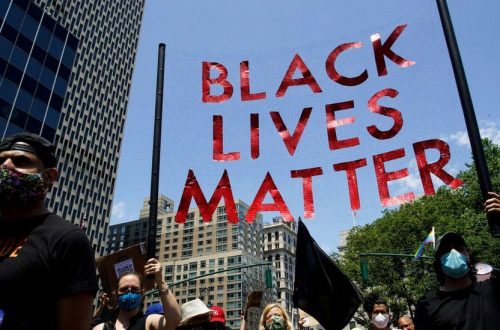THIS IS A GUEST POST BY SACKCLOTH AND ASHES.
Ken Loach doesn’t often make me laugh – and never intentionally – but his latest appeal for a ‘new party of the left’ (issued alongside Kate Hudson, not the one who got the Oscar for her role in ‘Almost Famous’; and Gilbert Achcar) was pure comedy gold. This was not just because in true ‘Life of Brian’ fashion it clashed with the establishment of the ‘People’s Assembly’ by those political heavyweights, Owen Jones, Caroline Lucas and Mark Steel.
Loach’s homage to the Labour government of 1945-1951 is – for anyone with more than a passing knowledge of British post-war history – absolutely risible, because his ideological counterparts during that period utterly detested Clement Attlee and his ministers. The far-left of the late 1940s-early 1950s did not praise the Labour government for its creation of the NHS and its welfare state policies; it condemned Attlee, Ernest Bevin, Hugh Dalton, Herbert Morrison et al for selling out socialist principles, for dividing the left, and for following Cold War-related policies which made Britain subservient to a war-mongering USA, and which supposedly threatened world peace.
The Attlee government loathed Communism, blocked efforts by the Communist Party of Great Britain (CPGB) to affiliate itself with Labour, and marginalised ‘fellow-travelling’ MPs and ‘useful idiots’ within the party. It showed solidarity with East European socialist parties crushed by the Communist regimes during the late 1940s, and set up the Foreign Office’s Information Research Department (IRD) to counter Stalinist propaganda and highlight the true nature of the Soviet system. Kate Hudson – formerly of the Communist Party of Britain – would have been shunned by Clem and his peers.
The Attlee government introduced national service in 1947, and in the same year it secretly commenced the UK’s nuclear weapon’s programme. Following the Communist coup in Czechoslovakia (February 1948) and the Berlin blockade (June 1948-April 1949), Attlee and Bevin played a leading role in both the establishment of the Western European Union and also the conclusion of the North Atlantic Treaty (September 1949). Clem and Ernie helped create NATO and were proud of that achievement.
After North Korea invaded the South on 25th June 1950, the Labour government decided to send combat forces to the Korean peninsula to help the US repel Kim Il-Sung’s army. The British Chiefs of Staff actually recommended that the UK should deploy only a naval task force and a token commitment from the RAF, but Attlee thought otherwise. He believed that in order to bolster the Anglo-American alliance British troops had to fight alongside their American counterparts in Korea. His reasoning was remarkably similar to Tony Blair’s rationale for participation in the Iraq and Afghan wars.
Furthermore when the Attlee government decided to raise defence expenditure in April 1951 – both in response to the Korean war and in order to prepare for any confrontation with the Soviets in Europe – the Loaches of that day squealed about the ‘betrayal’ of the welfare state, berating Labour for diverting funds from the poor to rearmament, and for yet again kow-towing to Uncle Sam. Aneurin Bevan did become a folk hero for the Loaches and the Hudsons when he resigned in protest from the Cabinet, but he was ultimately to let them down by denouncing unilateral nuclear disarmament eight years later.
So in a sense, Labour does actually need to return to the ‘spirit of 1945’, but not for the reasons that the boycotter of Israeli film directors, the unrepentant Stalinist and the pseudo-historian suppose. Attlee and his peers stood for the defence of democracy against totalitarianism – by force if necessary. They also realised that a democratic leftist party could and should have nothing to do with far-left ones. They believed that patriotism was not incompatible with social democratic values, and whilst they were not uncritical supporters of US policy they rejected the infantile and knee-jerk anti-Americanism that co-exists (then and now) with a readiness to excuse and whitewash ‘anti-imperialist’ butchers and tyrants.
If Loach wants a return to the principles that Clement Attlee supported, then I’m all for it – not least because democratic socialists should have nothing to do with the remnants of the hard-left, and their ‘Bollinger Bolshevik’ lackeys.


